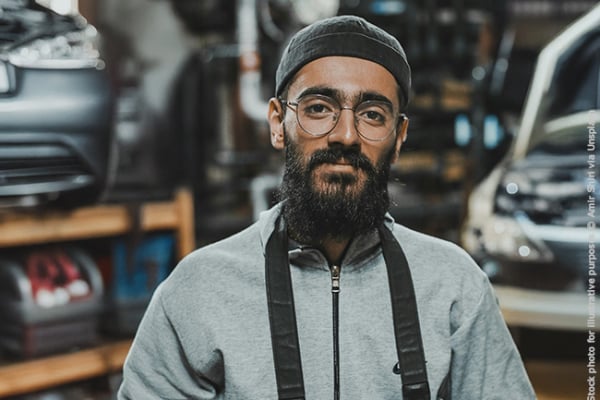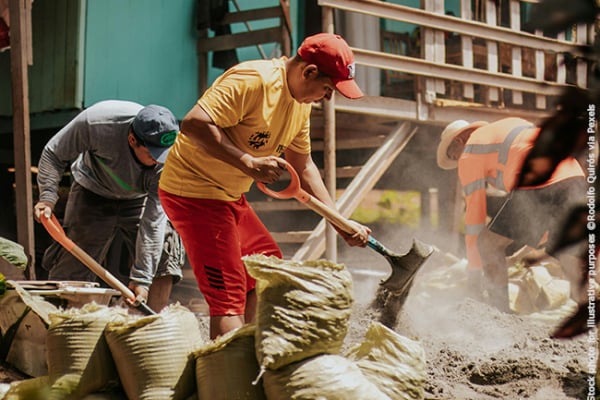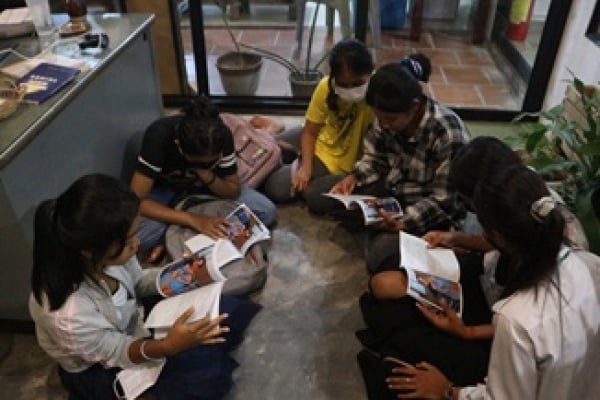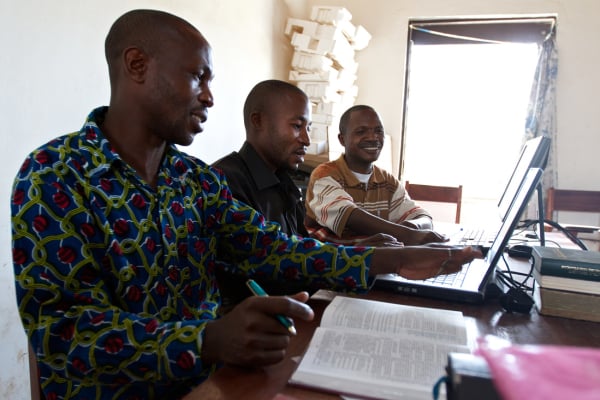“You Have Tribes in America, Right?”
“What is your mother tongue?” asked my Swahili teacher, Charlotte, during our daily language lesson.
“English,” I said.
“No, I mean what is the language of your people?” Charlotte replied.
“English,” I said again.
“Oh, you just never learned your mother tongue?” assumed Charlotte. “What did your grandparents speak?”
“English,” I told her. “Almost everyone in America speaks English.”
“I assumed you knew English,” Charlotte said incredulously, “but I thought everyone had a mother tongue from their tribe, like mine in Congo. Surely you have tribes in America, right?”
“No, there are no tribes in America,” I responded.
She gasped. Living without being rooted to a tribe was incomprehensible for her, as if we come from a nation of orphans.
“Well, don’t you have a village where your people are from?” she asked.
“No, our entire family is spread across the United States,” I said. “We’re not from one village or city.”
Charlotte was puzzled. “Then if you don’t have tribes, how can you even get married?”
The extent of her appall was humorous at this point. “We can just marry whomever we choose — anybody we’d like,” I said.
In the West, we often write tribalism off as some underdeveloped stage of society only to be outgrown on the way to democracy or globalization. Through my conversation with Charlotte, I realized we miss so much of what tribes provide.
The Congolese here have a sense of profound belonging that we in the West have never experienced. And because of it they have a strong identity. They have a unique language, greetings, traditions, culture, and land shared only within their family. Current tribal prejudice and violence will pass away, but there is something eternal, something redeemable, about tribalism.
The apostle John discerned these redeemable things in his vision of heaven in the book of Revelation. Rather than homogeny, he witnesses the effects of Babel flipped on their head. He sees a diversity that proclaims the creativity and imagination of our Creator.
In Congo, more than 200 different languages are spoken in at least as many tribes. We eagerly anticipate the day when we will worship God with all the tribes and languages of Congo and beyond.
Miranda and her family make disciples in Congo.
.png)

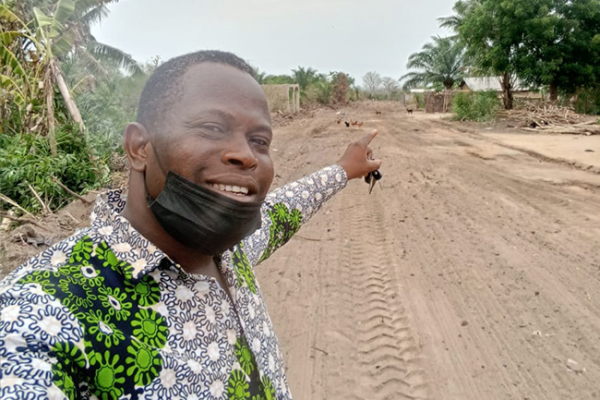
 By Crossworld
By Crossworld